What’s happening to the NatWest share sell-off? Impact of general election 2024 explained
The UK government has held shares in NatWest Group since the 2008 Financial Crisis. But a plan to sell off a large chunk of them appears to have been delayed.

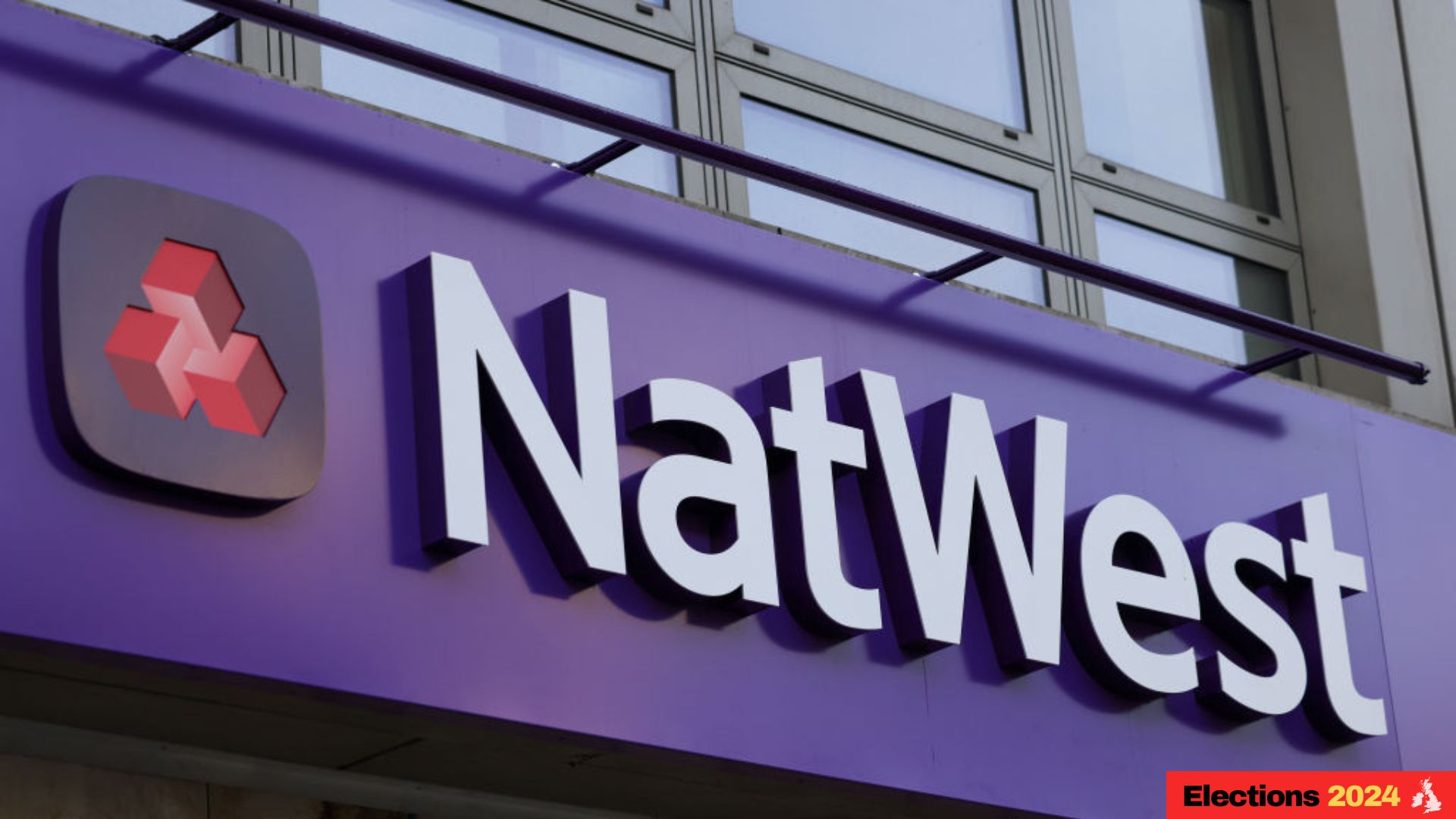
Get the latest financial news, insights and expert analysis from our award-winning MoneyWeek team, to help you understand what really matters when it comes to your finances.
You are now subscribed
Your newsletter sign-up was successful
Want to add more newsletters?

Twice daily
MoneyWeek
Get the latest financial news, insights and expert analysis from our award-winning MoneyWeek team, to help you understand what really matters when it comes to your finances.

Four times a week
Look After My Bills
Sign up to our free money-saving newsletter, filled with the latest news and expert advice to help you find the best tips and deals for managing your bills. Start saving today!
Prime Minister Rishi Sunak’s decision to call a general election this July has delayed - and likely put paid to - several pieces of legislation.
Among the bills that the Conservative government had hoped to pass - but will now be consigned to the Parliamentary scrap heap - are the Renter’s Reform Bill and Sunak’s plan to create a ‘smoke-free generation’. Other laws, such as the Leasehold Reform Bill, have been pushed through at the last minute.
One government plan that could be facing the chop is the selling-off of the taxpayer’s remaining stake in NatWest.
MoneyWeek
Subscribe to MoneyWeek today and get your first six magazine issues absolutely FREE

Sign up to Money Morning
Don't miss the latest investment and personal finances news, market analysis, plus money-saving tips with our free twice-daily newsletter
Don't miss the latest investment and personal finances news, market analysis, plus money-saving tips with our free twice-daily newsletter
It comes amid increasing interest in UK share ownership. So, what’s happening to the policy?
What is the NatWest share sell-off?
At present, the UK government holds a 27% stake in the NatWest group - a collection of brands that includes the Royal Bank of Scotland, Ulster Bank and Coutts.
This significant shareholding is a legacy of the 2008 Financial Crisis, when Gordon Brown’s government opted to prop up several UK banks in a bid to protect consumer deposits. At the peak of this exercise, the public held an 84% stake.
Under the Conservatives, the plan had been to sell the taxpayer’s entire shareholding in NatWest by the 2025/2026 financial year. It’s expected a range of methods will be employed to achieve this, including accelerated bookbuilds and directed buybacks with NatWest, as well as via sales through the ongoing trading plan. Retail investors may also be able to get involved.
What has the government said about the NatWest share sell-off?
During March’s Spring Budget, Jeremy Hunt said a “sale would take place this summer at the earliest, subject to supportive market conditions and achieving value for money for the taxpayer". The accompanying Treasury documents said the “ongoing trading plan is making good progress against [its] objective, having now generated over £5.2 billion of proceeds since launch”.
But the plan could be delayed beyond the summer as a result of the general election announcement. MoneyWeek asked the Treasury whether there would be a delay. A spokesperson said: "A retail offer will not happen during the election period.”
The election will take place on 4 July, with Parliament set to be summoned to meet again on Tuesday 9 July. Early votes will focus on the election, or re-election, of the speaker and the swearing-in of MPs. The state opening of Parliament will not take place until Wednesday 17 July.
It means it could easily be August before a NatWest share sell-off begins, given it’s unlikely to be a top priority for the next government. The plan might not come to fruition until even later in the year if the next Chancellor wants to review it.
Should Labour form a government after the election, the timing of a sell-off may coincide with its first Budget. The party’s shadow Chancellor Rachel Reeves has said this will take place in September.
Neither of the two major parties most likely to form the next government has so far announced what they will do with the NatWest shareholding if they win the election.
What’s been the reaction to the NatWest share sell-off delay?
Market analysts have urged the next party of government to consider reviving the NatWest sell-off.
Dan Coatsworth, investment analyst at AJ Bell, said the delay was a “missed opportunity” to encourage new people into investing. He added: “The government offering its NatWest shares below market price could have encouraged more people to buy shares for the first time.
“While many adults aged 22 or older already put money into the stock market via a workplace pension thanks to the auto-enrolment scheme, a much smaller number of individuals will have bought shares directly. Getting some experience through the purchase of NatWest shares might have been the first step to fostering a longer-term habit of putting money into the market on a regular basis beyond workplace pension contributions.”
Coatsworth also said a sale could raise £6.5bn for the Treasury, if it sold its 26.95% stake at a 10% discount [costing correct as of 28 May]. It means it could be “a straightforward way to raise a significant amount of money” for the public purse.
Head of money and markets at Hargreaves Lansdown, Susannah Streeter, echoed Coatsworth. Looking at previous privatisation schemes, she said they had “super-charged investing habits” amongst novice investors.
She added that any sell-off “should be viewed as an opportunity to spread awareness about the importance of diversification, not putting too many eggs in one basket”.
Research by asset manager abrdn suggests that if, or when, the NatWest share sale happens, there will be plenty of interest.
It surveyed 3,000 adults and found 23% were likely to buy the shares if the mooted NatWest share sale goes ahead – and that’s without a national advertising campaign.
“It’s ironic that just as the UK stock market has started to pick up some momentum, the pause button has been pressed on the NatWest share sale as the UK heads to the polls," says Jason Windsor, interim chief executive at abrdn.
"The good news is that this presents an opportunity for the next government to take the time and space to get this right. That should mean opening up a broader conversation beyond NatWest with a campaign that focuses on the central role investing in the stock market can play in helping to build the savings and investing culture that the country dearly needs.”
Get the latest financial news, insights and expert analysis from our award-winning MoneyWeek team, to help you understand what really matters when it comes to your finances.
-
 Should you buy an active ETF?
Should you buy an active ETF?ETFs are often mischaracterised as passive products, but they can be a convenient way to add active management to your portfolio
-
 Power up your pension before 5 April – easy ways to save before the tax year end
Power up your pension before 5 April – easy ways to save before the tax year endWith the end of the tax year looming, pension savers currently have a window to review and maximise what’s going into their retirement funds – we look at how
-
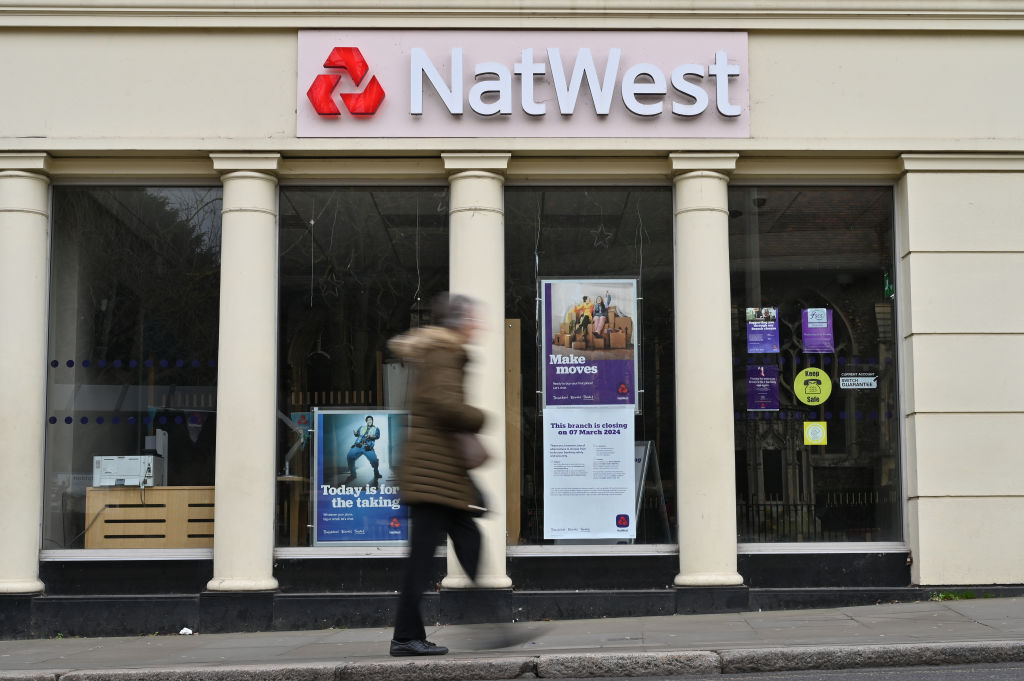 NatWest boss says a return to full private ownership expected next year
NatWest boss says a return to full private ownership expected next yearThe UK Treasury's stake in NatWest has fallen to below 11% - here is what it means for the share price
-
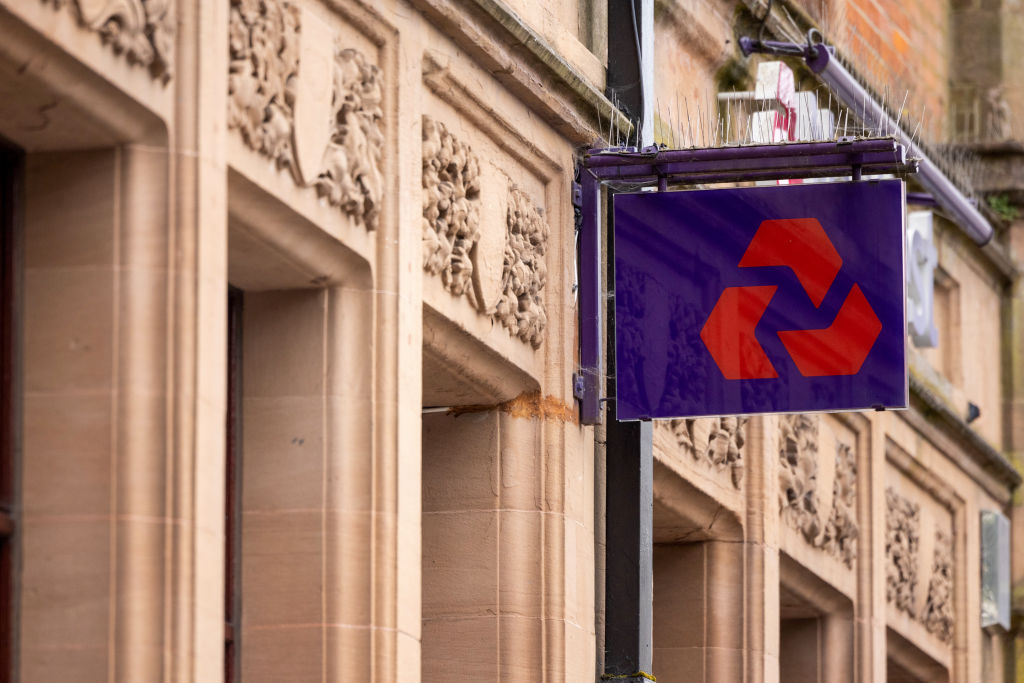 Government sells another £1bn in NatWest shares as full privatisation edges closer
Government sells another £1bn in NatWest shares as full privatisation edges closerThe UK Treasury's stake in NatWest has fallen to just over 11% - here is what it means for the share price
-
 NatWest public share sale scrapped, Reeves announces
NatWest public share sale scrapped, Reeves announcesLabour Chancellor Rachel Reeves says a retail share sale of the bank would not ‘represent value for money’
-
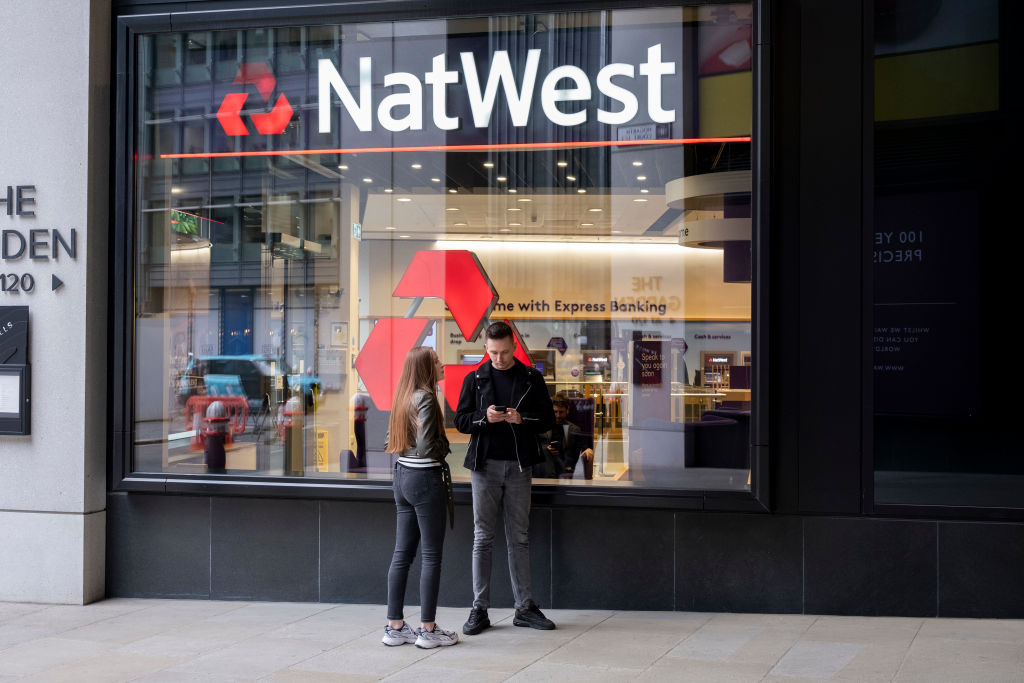 NatWest shares surge after profits beat expectations
NatWest shares surge after profits beat expectationsNatWest, which has been one of the FTSE 100’s best-performing stocks this year, notched up profits of £1.7bn during the quarter
-
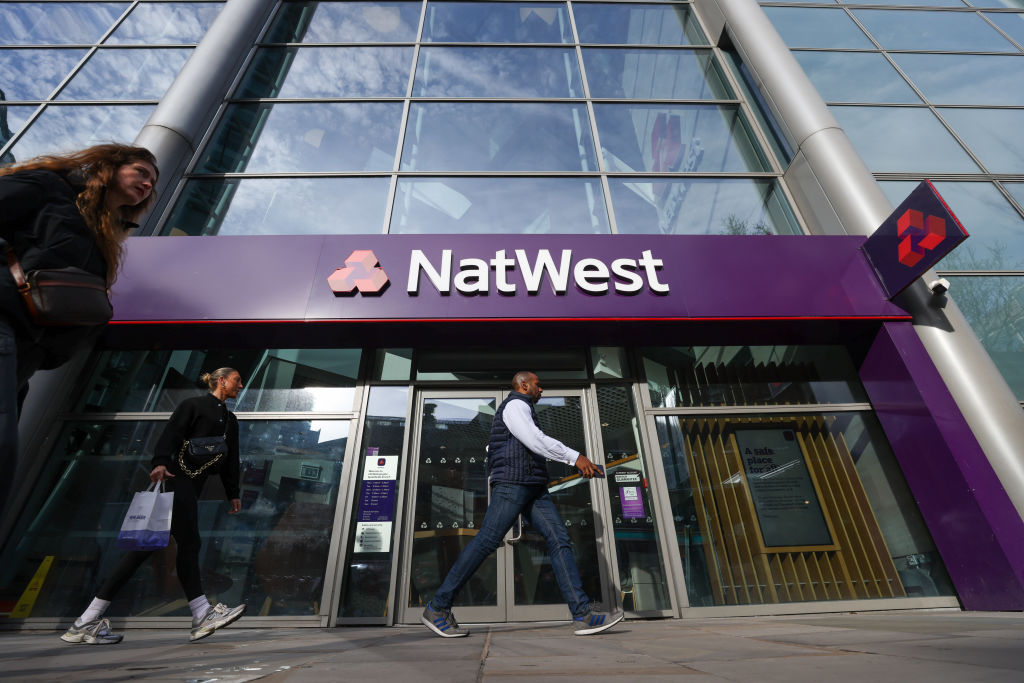 Taxpayer stake in NatWest falls as retail share sale is delayed
Taxpayer stake in NatWest falls as retail share sale is delayedNews NatWest has purchased £1.24 billion of shares back from the Treasury as the general election has stalled plans for a retail offering. Here is how you can still buy NatWest shares
-
 Spring Budget: Hunt reiterates commitment to NatWest retail share offer
Spring Budget: Hunt reiterates commitment to NatWest retail share offerThe NatWest shares could go on sale as early as this summer, with the government committed to exiting its stake in the bank by 2025/26.
-
 Government considers selling remaining stake in NatWest – are the shares worth it?
Government considers selling remaining stake in NatWest – are the shares worth it?News Retail investors may get a chance to buy the remaining taxpayer shares in NatWest but its performance so far this year may not make it an attractive investment.
-
 Will mortgage rates fall this year?
Will mortgage rates fall this year?The mortgage price war may be over in a blow for borrowers. Whether you're buying a home, remortgaging or you’re a buy-to-let landlord, we look at the outlook for mortgage rates this year and into 2026
